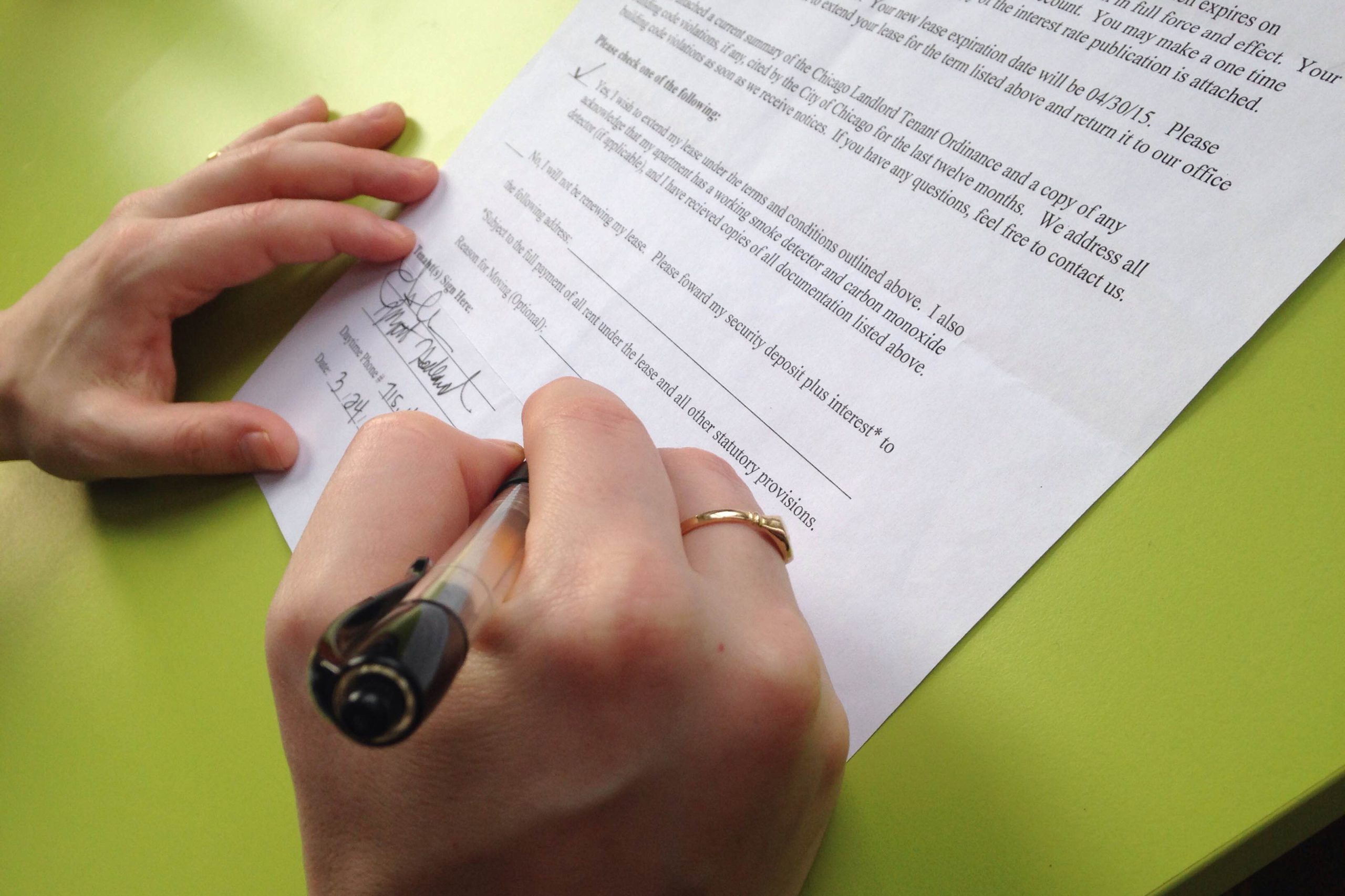There are several traffic acquisition strategies. Among them, the SEO which consists in optimizing its website and its content for search engines in order to acquire qualified traffic thanks to a good referencing. It can be divided into two different categories: On-Page SEO and Off-Page SEO. Both are essential to obtain a good placement in search engines. Find out what the differences are between On-Page SEO and Off-Page SEO and why it's so important!
What is On-Page SEO?
On-Page SEO is the act of optimizing the different parts of your website that affect your search engine rankings. It is of course very important to have control over them, so you might as well optimize them. These are just a few good practices to put in place!
Among the On-Page criteria, here are the most important:
Key words
Key words or keywords in English correspond to the words that define the theme of your site. For example, if you want to sell website development services, your site should regularly address these keywords and similar keywords in your content, pages, titles, etc., and have an appropriate semantic field.
It's a very vast subject but know that there are several tools to analyze semantic fields like 1.fr!
Layout
It is important for SEO that your pages are well structured thanks to several essential elements.
On your mind
That is, having several header levels for each page (h1, h2, etc.) to show search engines that your pages are well structured. A level 1 header (h1) per page and article if you write any is the minimum, but the more you have, the better your page will be worked in the eyes of Google.
That said, having headers is not enough to have a perfectly structured page. There are other elements that should not be overlooked.
Connections
It is important to have internal links but also external links for your SEO. This is another big topic that needs to be covered separately, but be aware that links need to be qualified to score well in Google's eyes. For example, if you sell swimming pools, putting relevant links on other swimming pool blogs or even Wikipedia pages works great.
Internal links to other pages on your website are helpful to visitors and search engines. This improves the notoriety of each page.
However, links should not be made anyhow. The best is to refer to related pages. The anchor of the link, i.e. the text of the link must also be chosen correctly.
Words in bold, italics and list
The formatting of your texts is important to show search engines that you have worked on your pages and articles. It should not be abused, but here are some good practices:
– Bold some of your keywords – Italicize details that you provide out of context – Try to create at least one list per article or page
Images and alt text
Putting images is important but choosing your alternative texts or Alt text is just as important.
This text is not visible to visitors because it is actually used by screen-reading software to help blind Internet users understand the content of your images. They are also useful for referencing your images.
Inserting a few relevant keywords while accurately describing the image will help search engines understand your page content. Finally, it is also important to choose a name that suits your image.
URL structure
Having “user-friendly” URLs is almost essential and easy to set up. Just put keywords in the URLs of your pages or articles.
If you already have a site with old templates, don't change them all just to include keywords. Changing old URLs is bad practice unless you make them redirect to your new URL!
Site speed
Google wants to help its users find what they're looking for as quickly as possible to give them the best possible experience.
Therefore, optimizing your pages to load the fastest helps your site rank higher in search results even if at the moment the impact is minimal.
It is still important to optimize the performance of your site to reduce the bounce rate. This can be done with Google's PageSpeed Insights tool.
What is Off-Page SEO?
Conversely, Off-Page SEO focuses on increasing your domain authority. This involves obtaining links from other websites.
Here's a good analogy for understanding how domain authority works.
If you have a tub with rubber ducks (the ducks are your pages), and you start filling the tub with water (links), your ducks will all rise to the top. This is how a site like Wikipedia is very present because there are a lot of links pointing to it.
There's so much water in his bathtub that if you throw another rubber ducky in it, he'll float up without any further effort.
There is a score called “Domain Authority” which calculates how authoritative your website is compared to other sites.
Several tools such as SEMRush, Ubbersuggest or Majestic allow you to obtain metrics about it.
The biggest factors in Off-Page SEO are the number and quality of backlinks to your website. Here are some examples of strategies to put in place to obtain links:
– Create content with high added value that people will want to share – Contact influencers in your field to make collaborations between your blogs – Write guest articles on sites related to yours
In summary
Google takes into account more than 200 criteria to rank a website. Some have a very low impact but others are essential to work on.
It should be understood that the two most important things in the eyes of Google are the keywords and the links. All you have to do is work on your On-Page and Off-Page SEO!
This article was written by Thomas Guillaumont. You can find other Digital Marketing tips on his blog.



